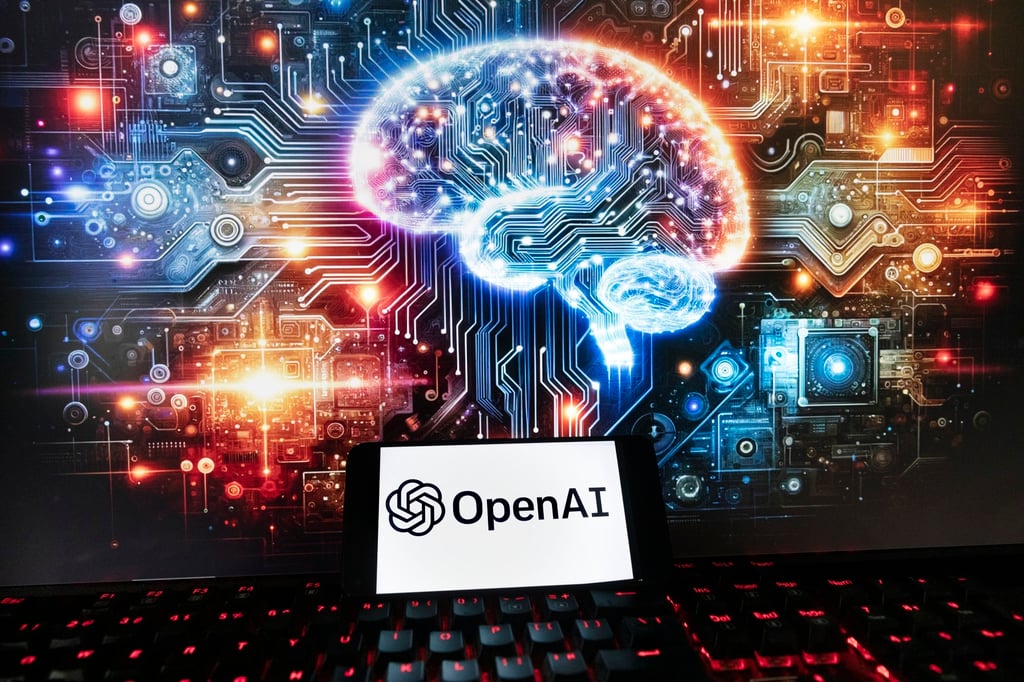Opinion | In the global AI race, Chinese tech firms can compete by developing unlimited applications
- For Chinese businesses, a major advantage is that they could be largely shielded from direct competition from foreign competitors in the home AI market

At first glance, the odds are not in favour of Chinese technology firms in the era of generative artificial intelligence (AI). Since OpenAI’s launch of ChatGPT in November 2022, China’s Big Tech firms and its start-up have rushed to develop their own large language models (LLMs), with visible FOMO (fear of missing out) anxiety.
China’s domestic market is crowded with at least 200 LLMs – many claiming to be among the top-performing in the world – at least in certain niche areas such as Chinese literature. But the exuberance does not change the fact that China is struggling to catch up in the race defined by the “scaling law”, which basically means astronomical investments in advanced chips to make the AI systems smarter.
While the effectiveness and application of “scaling law” is up for debate, China is nonetheless at a disadvantage in terms of investment scale. For instance, Sam Altman, the CEO of OpenAI, is reportedly seeking up to US$7 trillion to expand its ability in empowering AI. That is almost an unthinkable figure for China to match, as the country’s combined R&D spending of all government, corporate and research institutions was just 3 trillion yuan (US$413 billion) in 2022.

In another example, Elon Musk, CEO of Tesla and founder of xAI, said its Grok 3 model would require 100,000 Nvidia H100 chips, which costs US$40,000 each. Few Chinese technology companies have the luxury to foot such a large bill. China’s most-valuable technology giant, Tencent Holdings, said its R&D spending in 2023 was 64 billion yuan, or around US$10 billion. Meanwhile, even if China’s tech industry is able to raise the needed amount of money, its lack of access to advanced chips from Nvidia will be a serious bottleneck.
But it would be premature to say that China’s quest for AI supremacy is doomed. It has the talent, the market, and the determination to stay at the top of the game. A widely shared belief in China is that the country has an unbounded future if it can turn generative AI technologies into useful tools for businesses and consumers.
Generative AI could become another utility like the internet and electricity, and it is up to the creativity and expertise of individual developers and businesses to transform it into real-life applications.
For Chinese businesses, a major advantage is that they could be largely shielded from direct competition from foreign competitors in the home market. For instance, Apple is set to embed AI functions in iPhones by integrating ChatGPT, but as OpenAI has yet to apply for Beijing’s greenlight to operate its service in China, Apple is likely to choose a local partner for the China market, providing a lucrative business opportunity to the chosen one.
